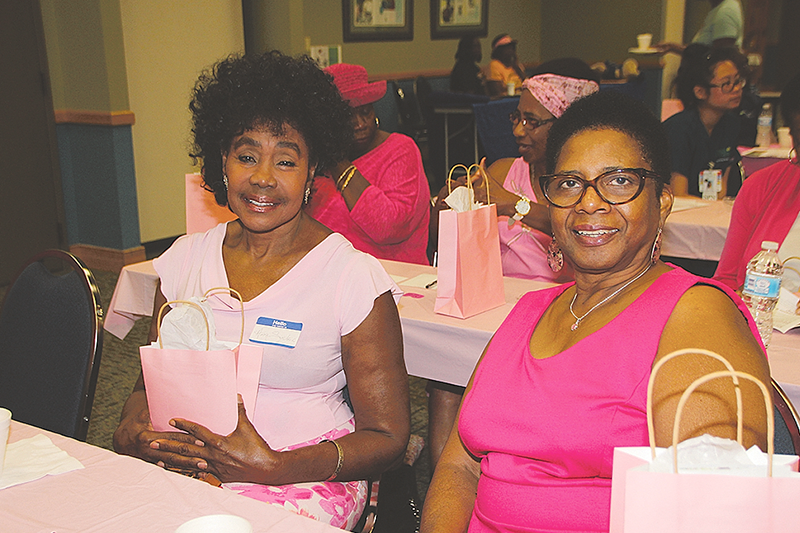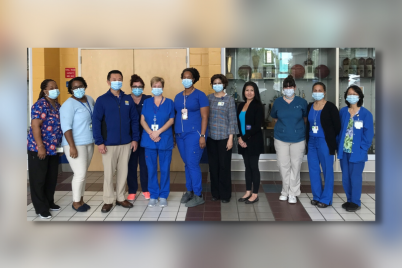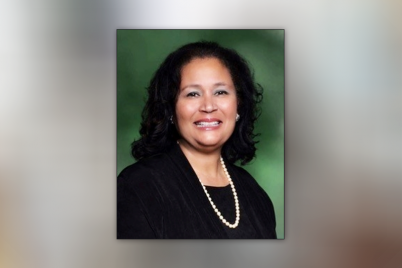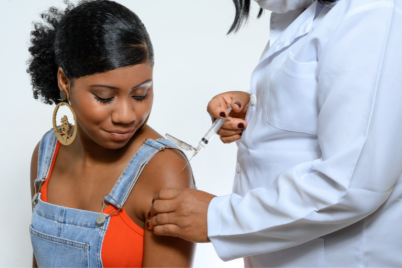By Allen A. Buchanan, Staff Writer
ST. PETERSBURG –Black Nurses Rock and Allstate united to host the 2017 Breast Cancer Awareness, Prevention, Screening and Treatment luncheon held at the Empath Health and Suncoast Hospice facility last Saturday, Oct. 15.
Black Nurses Rock of St. Petersburg President Lottie Cuthbertson welcomed sponsors, health organizations, nurses and cancer survivors to the luncheon to commemorate the significance of breast cancer awareness.
“We’re here to celebrate those women affected by breast cancer in any way,” said Cuthbertson.
Statistics spell out the evasive threat of breast cancer occurrence among women, especially black women who are more likely to die from the disease, according to breastcancer.org. The National Breast Cancer Foundation website states that one in eight women in the United States will be diagnosed with the disease every two minutes, and one woman will die every 13 minutes.
Racial disparity between breast cancer occurrence and death among white females and black females is well documented. The National Cancer Institute revealed that the reported cases of breast cancer among white women were 132,500 compared to 118,300 for African-American women between 2000-04. On the other hand, the number of deaths per 100,000 white females was 25 as compared 34 deaths per 100,000 black females.
Although the incidences of breast cancer among women may be declining, ethnic disparities are still evident in the death rate.
Nevertheless, the purpose of the luncheon was not about dwelling on the negative realities of breast cancer but to give women an opportunity to network with each other and community health organizations.
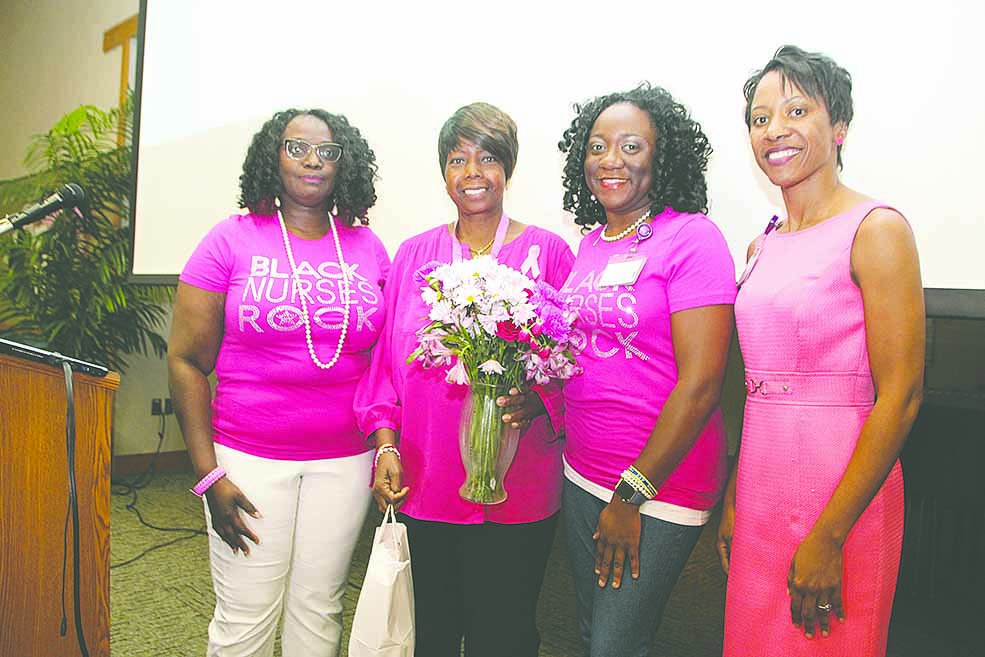
Although breast cancer is a traumatic experience, it has a way of bringing out the best in the sufferer as well as the sufferer’s support system. Guest speaker Juliette Warneke made that crystal clear as she addressed the crowd.
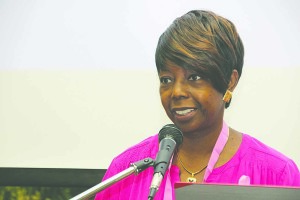
Juliette Warneke

